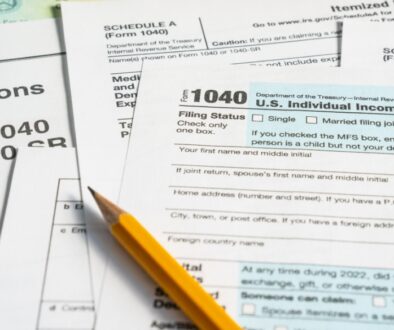MINNESOTA TAX RESIDENCY REQUIREMENTS
Minnesota is among the top five states in the nation with the highest income tax rates according to the Tax Foundation. Minnesota is also one of fifteen states that impose an estate tax. In 2015, Forbes magazine rated Minnesota among the five worst states for taxes. See “The Best and Worst States for Taxes,” Forbes (Apr. 15, 2015). Not surprisingly, some wealthy Minnesotans have simply cut their Minnesota ties and moved to more tax-friendly environs. Others, including snowbirds, have sought to maintain some Minnesota ties while moving their domicile elsewhere, including to Florida, which has neither an income tax nor an estate tax. The Minnesota Department of Revenue has put great emphasis on residency audits, challenging attempts to “have it both ways” by changing domicile for tax purposes while effectively retaining ties to Minnesota. A recent Minnesota Supreme Court decision came down hard on such “part-year residents,” ruling in favor of the Department of Revenue on its audit of a wealthy couple who had attempted to change their domicile mid-year. See Marks v. Commissioner of Revenue, No. A15-1145 (Minn. 2016).
Minnesota imposes tax on the worldwide income all Minnesota “residents.” Under current law, a person is treated as a “resident” for Minnesota tax purposes if (1) the person is domiciled in Minnesota, or (2) the person is domiciled outside of Minnesota but maintains a place of abode (dwelling place) in the state and spends in the aggregate at least 183 days of the year in Minnesota. See Minn. Stat. § 290.01, subd. 7. The 183 days need not be consecutive and presence within the state for any portion of a day (for instance a travel day) is treated as a full day in the state. Further, after the Marks case, in a year where a person changes domicile, all days spent in the state during that year will be counted for purposes of the 183-day threshold, regardless of whether the time in the state occurred before or after the domicile change. See Marks, No. A15-1145.
As the statute indicates, a person who is domiciled in Minnesota is considered a “resident” regardless of how many days spent outside the state and merely being absent for more than one-half of the tax year does not, in and of itself, change a person’s domicile. See Minn. R. 8001.0300, subp. 7. The term “domicile” means presence in a place with the intention of making it a permanent home. In other words, domicile is the place where, whenever a person is absent, the person intends to return. Once a domicile is established, it is presumed to continue until it is proven that (1) the former domicile has been abandoned, and (2) a new domicile has been created. The mere intention to acquire a new domicile, without the fact of physical removal, does not change the status of the taxpayer, nor does the fact of physical removal, without the intention to remain, change the person’s status. See Minn. R. 8001.0300, subp. 2. Minnesota’s income tax regulations offer 26 factors that are considered in determining whether a person is domiciled in Minnesota. See Minn. R. 8001.0300, subp. 3.
Although no one factor is determinative, a court analyzing whether a person is domiciled in Minnesota will assess, given all the facts and circumstances, whether the “locus” of the person’s life is based in Minnesota. One need not need sever all ties with Minnesota to change domicile, but careful legal and tax planning should be undertaken before attempting a change. Remember that, even if you effectively change your domicile to another jurisdiction, you may still be treated as a resident of Minnesota for tax purposes if you continue to maintain an abode in the state and spend at least some portion of 183 days a year in the state.



